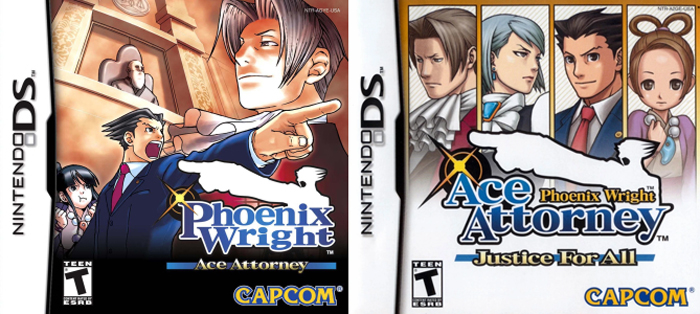

When Capcom localized Phoenix Wright: Ace Attorney, the first two names were emphasized over the last two. The boxart implied "Phoenix Wright" was the name of the game and any sequels would also bear his name. Instead, when game 2 came out a year later, "Ace Attorney" was now the boldest name and Phoenix's name was oppositely shrunk.
Here's what happened: the series was several games ahead in Japan, and at that point, they were planning one that didn't have Phoenix as its central character. Thinking ahead, Capcom switched the names and the series was dubbed "Ace Attorney" from that point forward, and to this day. If they hadn't done this, Western gamers would have not accepted a sequel with Apollo Justice or Miles Edgeworth as its main character, because after all, "it's called Phoenix Wright!"
A name of a series is more important than people think. It can actually affect the direction of a story and can even limit where you can take it. Here's some examples you might not have thought about...
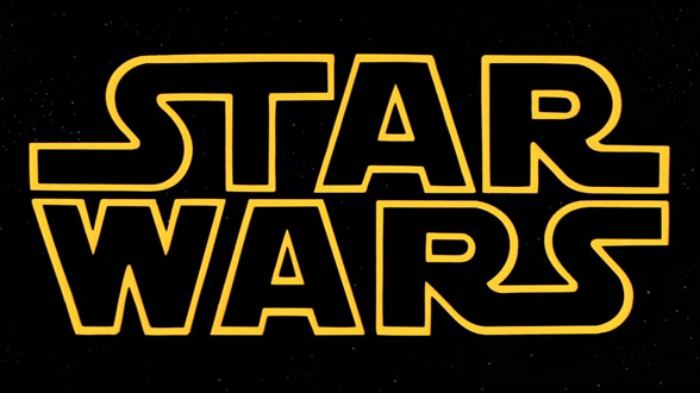
More limiting than you might think. True, no specific names or locations are mentioned in this title. But it's not called Star Peace. This title means every movie MUST be about a WAR, even the ones that seemed to wrap up their wars in the previous trilogy. Some were irritated that everything Luke, Han and Leia fought for just kind of unraveled by Force Awakens, but what else could happen? The only way for the galaxy to truly know peace is for the cameras to turn off and the series to end, and....that is NEVER happening.
Star Trek doesn't have this problem, because it's about a trek, not a war.
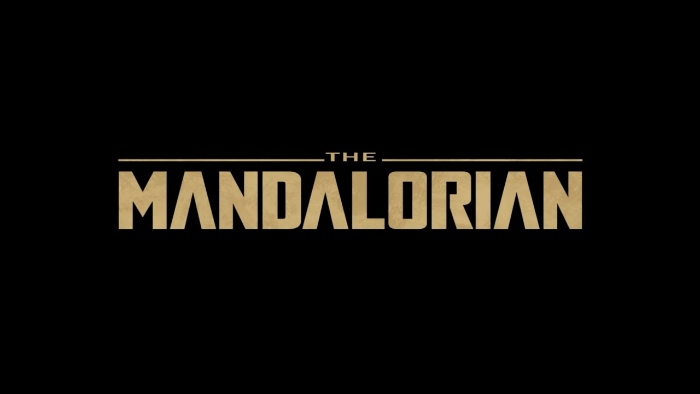
This is an interesting example because it's a title that was meant to be more freeing than the audience will let it be. Some people were mad that Season 3 of The Mandalorian seemed to focus more on Bo-Katan Kryze than Din Djarin himself, and, well, Din ain't the name of it, is it? This title could refer to ANY citizen of Mandalore and I think that's what was originally intended. The theory has been put out there that The Book Of Boba Fett was originally supposed to be another season of The Mandalorian (in which case the Mandalorian would be Boba) but Disney wouldn't allow it. Grogu had simply become too much of a merchandising cash cow to take the focus off his adoptive parent for even one second.
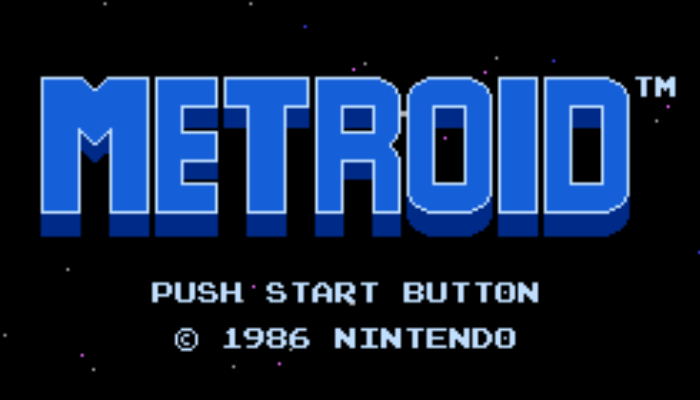
One of the best examples I can think of for a name that strangles the potential of a universe. This should really be called Samus Aran, but they decided to name the first game after the deadliest enemy you can fight in it. While this effectively emphasized how much trouble a Metroid was, what it means for the series as a whole is:
There can never be an enemy deadlier than a Metroid. They've compensated for this by expanding the definition of what a Metroid can be (gigantic end bosses that barely resemble the floating jellyfish they're most commonly depicted as), but you can never truly surprise people. Also...
There can never be a sequel without a Metroid in it. This has increasingly become a bigger problem as Samus actually wiped out the entire species in the second game, then the third game became about protecting the one surviving infant, which Samus failed to do. After that, every Metroid game had to be a prequel, with the exception of Metroid Fusion. That one used the excuse of Samus "merging" with Metroid DNA, effectively making HER the "Metroid" of the title.
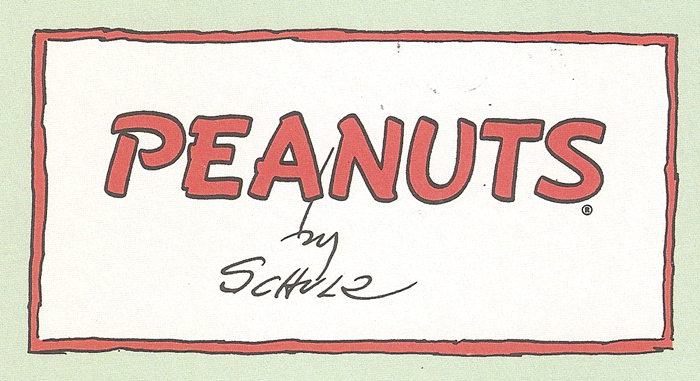
Charles Schulz did not come up with the name for the most popular newspaper strip of all time. That was a name that was forced upon it by his editor, who needed a word that would call attention to the syndicate's latest offering and make paper editors wonder what it was. That editor believed "Peanuts" would do the job. Schulz preferred the name Li'l Folks, but it had trademark issues. The title he had to use had no relation to any of the strip's characters or themes, and means nothing. "Peanuts is not a word that describes children, but something small or insignificant," Schulz would later complain. Also, for the first few years, fan letters tended to assume "Peanuts" was the name of Charlie Brown, which irked him to no end.
Whether Schulz could have made it just as big under another name, we'll never know, but he was stuck with "Peanuts" for 50 years and fought it every time he had any creative control. You'll notice all the Peanuts specials have names like "This Is The Title, Charlie Brown." It's unlikely he would have named The Peanuts Movie, well, The PEANUTS Movie.
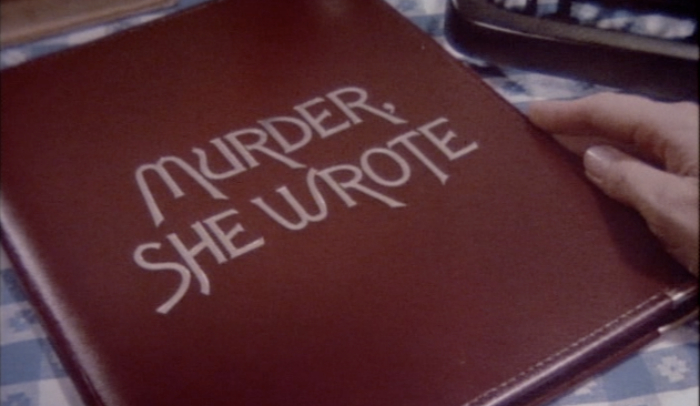
This is one of the most clever names for a series anyone has thought up. From just those three words alone, you can divine
Calling it Jessica Fletcher or Cabot Cove wouldn't tell you quite as much. Parodies of the name have lost its rhythm in translation. Hallmark Channel has a series called "Murder She Baked." Taken alone, those three words make no sense.
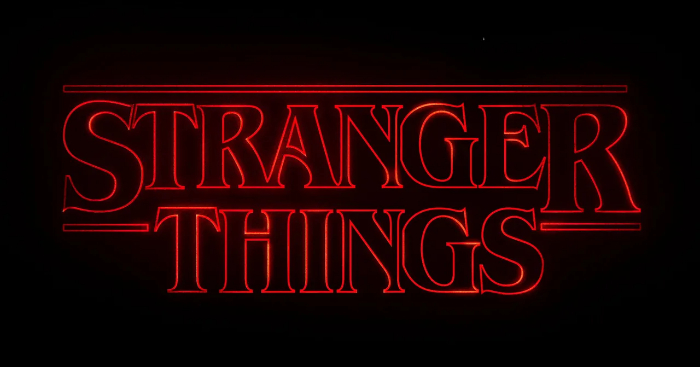
This show was originally supposed to be called Montauk because it took place in the beachside town of Montauk on New York's Long Island. The location was chosen because it was right next to an Air Force base that is often cited in consipracy theories about illegal experiments. As development progressed, the Duffers realized they had no familiarity with life in New York State at all and decided to switch the location to Middle America, at which point a more generic title was needed.
Which is really for the better. The final title is wide and encompassing enough to cover a lot more than the show as-is currently does. There are a lot of things that are strange. Imagine all the spinoffs that would have to find reasons to keep occurring in Montauk, NY.

One of the things that makes me turn my nose up at these network procedurals that go on and on forever is the fact that some of them are so old that no one from the original cast is even on them anymore -- and the audience doesn't care. The plots are recycled, the cast is recycled, nothing matters. You'd get more substance from a game show.
Grey's Anatomy is the only one of these Forever Shows that didn't name itself a jumble of letters, or the name of an agency or city. Instead it actually took its name from Meredith Grey, one of its central characters, as a sex pun based on a commonly sourced doctor's handbook. Meredith herself is no longer on the show, hence the title now makes no sense, but the vacuum-brained people that stare at this stuff like slugs have yet to even notice.
No, I have no current plans to start a Grey's Anatomy fancomic.
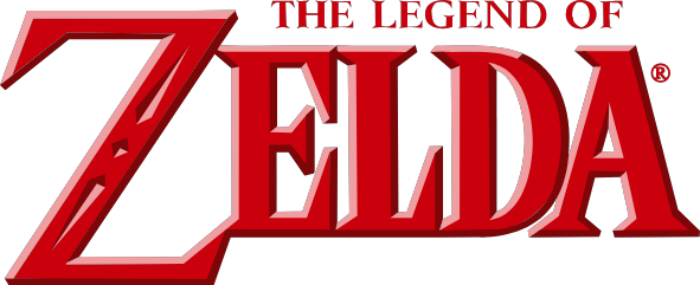
This is one of the most commonly complained-about titles, as its actual main character is not mentioned in it. Instead a member of his country's royal family is named on the box, even though she typically only appears in one or two scenes and there are a couple games where she doesn't show up at all. It was only VERY recently that Zelda was given a central role befitting her marquee status.
Instead, the title The Legend Of Zelda points to her significance in the world and its mythos as a whole. She's the towering figure over everything Link does, the one who stands to gain the most (or lose the most) if he succeeds or fails. Her personal participation in the eternal fight against Ganon varies, but if the series were called The Legend Of Link would she feel half as important?
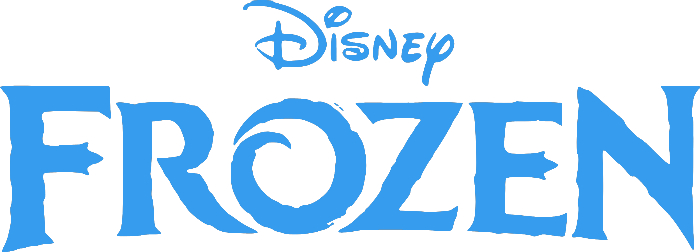
This one comes from a unique time in Disney's history when the shellacking they had recieved from Shrek - and the shocking applause from the public afterward -- made them ashamed to be themselves. Any movie based on a classic fairy tale now had to hide the fact it was based on a classic fairy tale. Rapunzel was changed to Tangled and marketing made the musical look like a light rom-com with no singing. And their 2013 feature based on Hans Christian Andersen's The Ice Queen couldn't be called The Ice Queen...it had to be a one-world title that barely told you anything, so the ads could make people believe it starred a moose and a snowman and no one else.
In my opinion neither Frozen nor The Ice Queen really communicate what this world is about, since Frozen only reveals it's cold and The Ice Queen ignores the other main character. The best title would be Elsa & Anna.
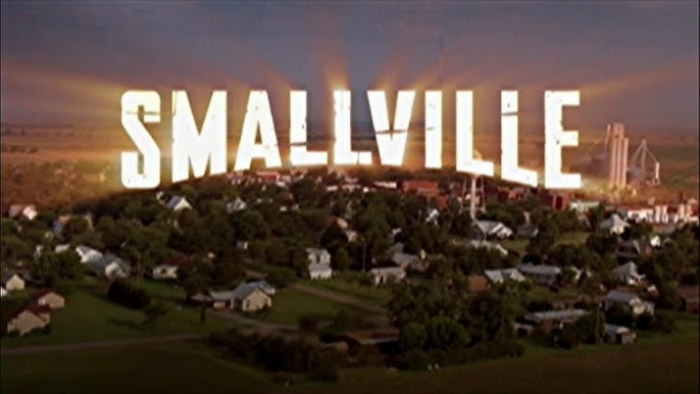
This is the unsubtle name of the rural Kansas community that Clark Kent grew up in before he became Superman. Since the show is about his origin, there is no need to call it anything else because Smallville will be the only setting. Eventually Clark will grow up, but it's not like they'll have to keep this going for ten whole years, right? Oh wait, shoot. Nothing to do but stall to an unbelievable degree.
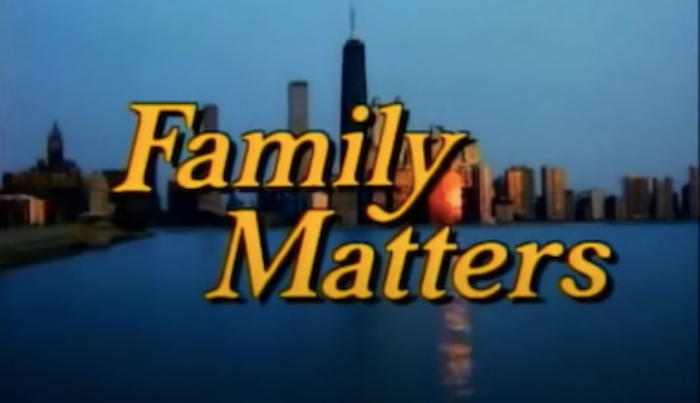
Sometimes a name is given to something which turns into something else, and then the name tells you nothing about what it actually is. Looking at this title from first glance, you would never guess it's a sci-fi series about a gawky genius who can shrink himself, clone himself, or turn himself into famous Chinese actors. It was pitched as a typical family sitcom starring the cop from Die Hard, and then it kinda got off track.
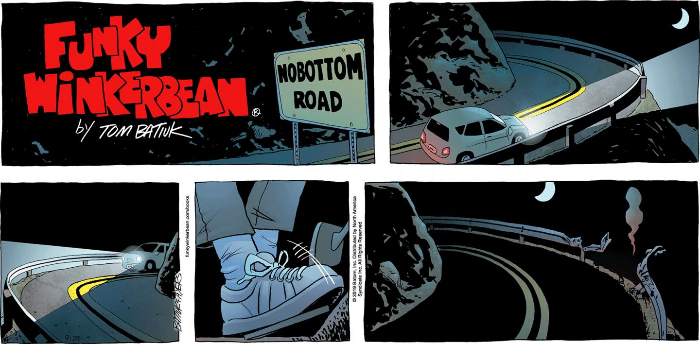
This is the biggest, most blatant example I can think of for a series title that eventually had a complete disassociation with its own tone. Initially sold as a gag strip with the wackiest name the 1970s could produce, it completely changed to a dark, weepy drama sometime in the 90s and never switched back. You'd open the funnies, and there'd be multiple panels of a car accident, or some lonely man dying in the rain, or someone who just croaked from a horrible disease, and...Funky Winkerbean seems like the last thing you'd want to call that, but maybe it's just me. The strip shut down production recently, but its surviving characrers were moved to Tom Batiuk's other strip, Crankshaft -- a more fitting name, as the universe he created is pretty darn cranky.
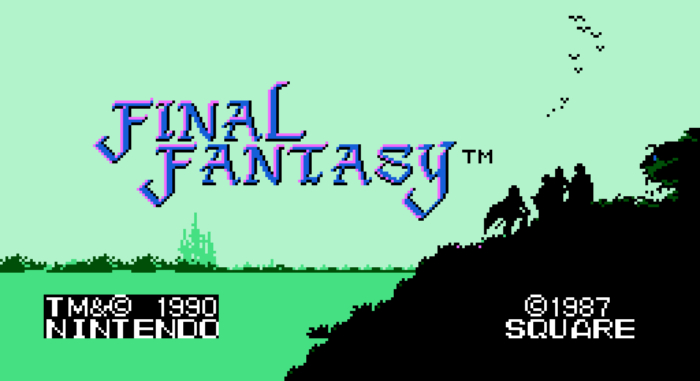
It's been said that Squaresoft chose this name for their RPG series because they thought the first one would be their last game, but that has never been confirmed. Whatever their reason was, what I do know is that the word "final" connotes something dire, a drastic and serious situation...and coupled with "fantasy" you get a pretty apt description of the series as a whole. Each game takes place in a completely made up world with its own rules (fantasy), and by the end the characters in it will have to save that entire world from complete destruction (final). It works!
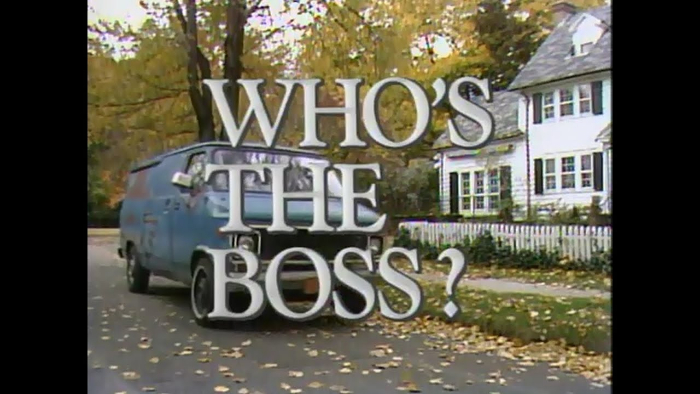
Angela Bower is literally a boss -- that is her job, though it's one we rarely see. Tony is the housekeeper she hired because being a boss keeps one busy (allegedly...see previous sentence). This setup could have been called The Housekeeper or The Bowers or Tony Moves In, but instead they went with a question, something that has hung over the series ever since and probably kept it from being completely forgotten. They never tell you who "the boss" truly is in this scenario, and the show doesn't really seem to ever care about solving it. This one title turns the series into a mystery that no one will ever figure out.